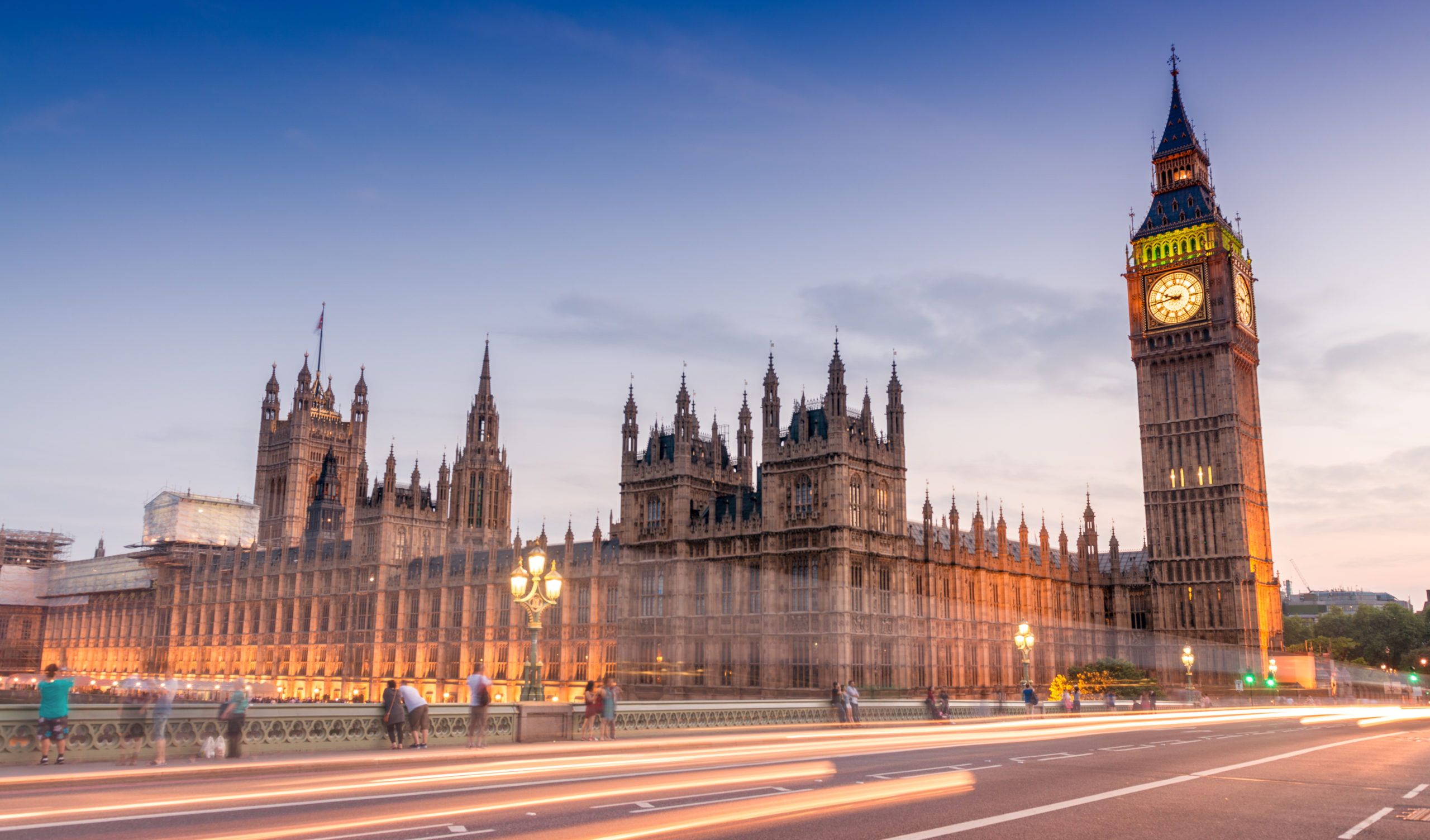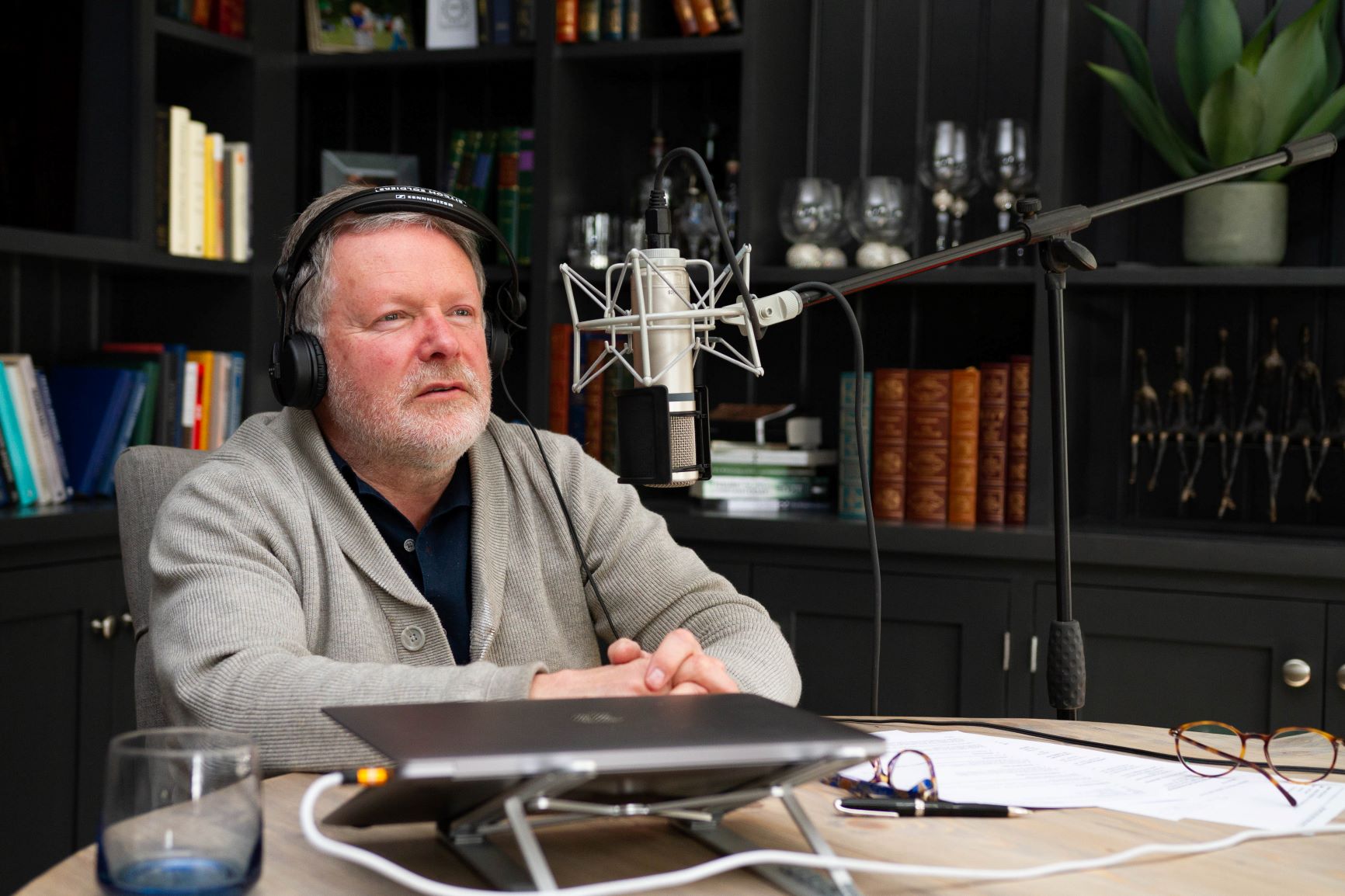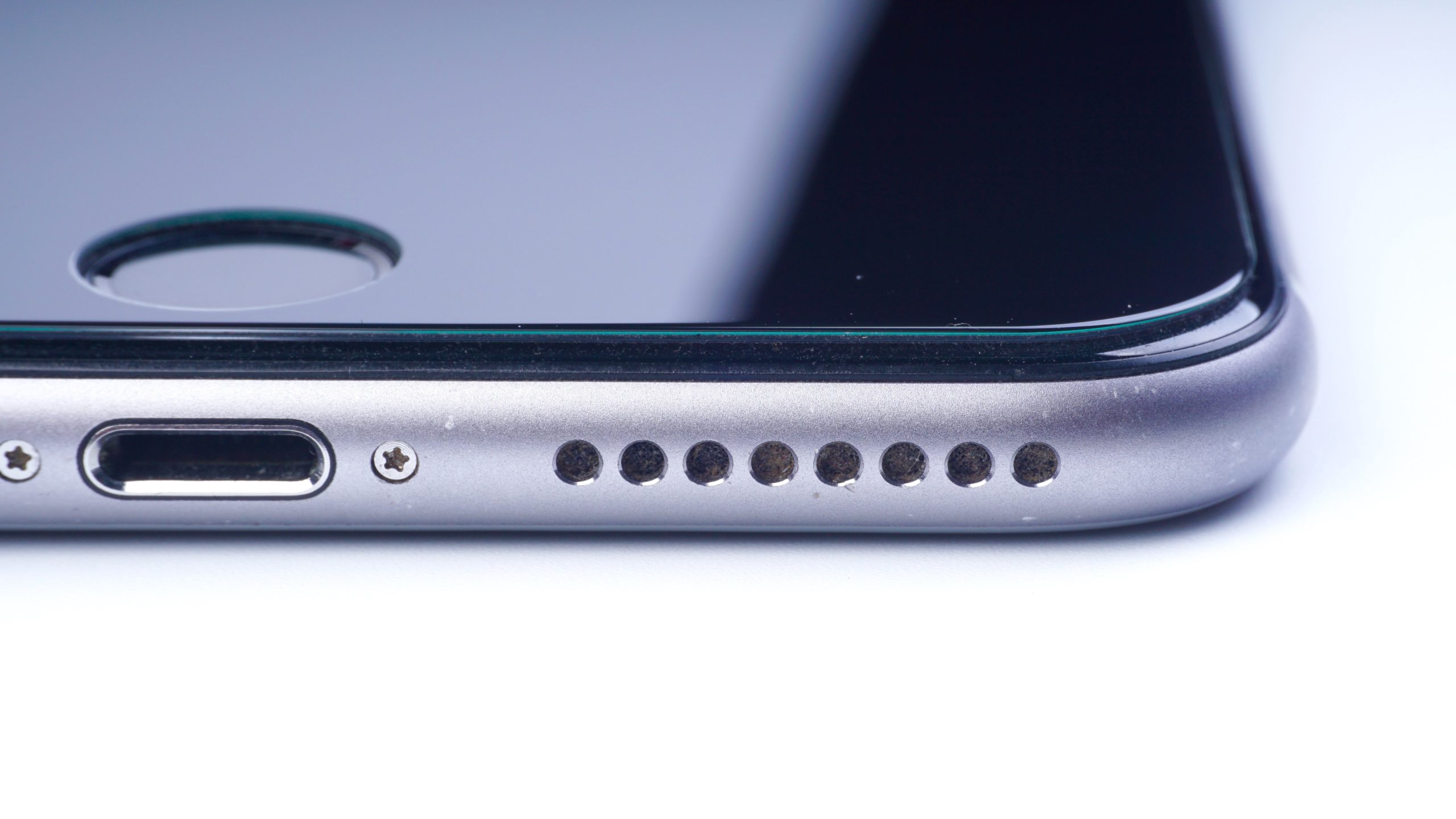- People
- Expertise
Our expertise
We are a team of more than 600 professionals, with the depth of experience which makes us genuine experts in our fields. Together, gunnercooke’s people have strength across just about every corporate discipline and sector. We provide legal, commercial and strategic advice that delivers real value to the clients we work with, which span from multinational enterprises through to not-for-profit organisations. Our breadth of expertise also covers specialist and emerging disciplines charity, crypto, sports and competition law.
Search by practice areaDispute ResolutionDispute Resolution OverviewMeet the Dispute Resolution TeamIntellectual Property DisputesFinancial Services & FinTech OverviewProceeds of CrimeEmployment TribunalTax InvestigationProperty Dispute ResolutionInsolvency DisputesMediationCivil Fraud & Asset TracingHealth & SafetyBusiness Crime & InvestigationsLitigation & ArbitrationInternational Arbitration - International
International Offices
The gunnercooke group has 16 main global offices across England, Scotland, the US, Germany and Austria, with further plans for growth in the coming years. These offices enhance the existing in-house capability of our dedicated international teams and dual-qualified experts that cover Spain, France, Italy, Portugal, Brazil, China, India, Poland and Hungary. Our team have clients across 126 jurisdictions, speak 46 languages and are dual-qualified in 21 jurisdictions. Our expertise means we can offer large teams to carry out complex cross-border matters for major international clients.
- Our story
Our story
gunnercooke is a top commercial law firm. We comprise a rapidly growing number of experts spanning legal and other disciplines. Clients benefit from flexible options on fees to suit their needs, access to a wider network of senior experts throughout the relationship, and legal advice which is complemented by an understanding of the commercial aspects of running a business.
- Reading Room
- News & Insights

Possibly the biggest health challenge that we will face over the next fifty years is that of loneliness. It will be on a par with obesity. In fact, research shows it to be twice as harmful as obesity which we all know now to be a deadly killer. Obesity is obvious and its physical manifestation can’t be ignored while loneliness is silent and stealthlike and easy not to recognise. If loneliness is bad for our health, then it would make sense that we would connect with other people as a natural and necessary action to avoiding it. And often that is what will happen. If we encounter transitory or temporary loneliness, we will call someone, hug our partner, go and see mum, confide in someone that we trust. And very quickly we will be able to resume our life and daily routine having dealt with a short bout of loneliness. This is how most of us deal with it. It can happen at any time. Anything can trigger it, a move to a new area, a new job, the first few days at university, going outside our comfort zone. The reaction seems obvious.
But when a person becomes chronically lonely, the reaction is often very different. Most withdraw, whether they intend to or not. John Cacioppo and his widow, Dr Stephanie Cacioppo found that lonely brains detect social threats twice as fast as non-lonely brains. The immediate response is that of defence. We see people and invitations as threats. By fleeing into self- preservation mode, we will choose to avoid people and distrust even those who reach out to us. As it continues with no breaker, we will decline invitations and stop answering the phone. It will create an intense pre-occupation with self and our own needs. It becomes even more difficult to engage with others. This classically occurs when a person becomes widowed but can happen during a long period of isolation for whatever reason.
Vivek H Murthy in his book ‘Together’ writes that the challenge of responding to or fighting loneliness becomes even more complicated as loneliness will often combine with depression or anxiety disorders. Many of us are already vulnerable to these conditions. The combination will feed off each other and will lead to a greater impact on our mood and even more social withdrawal. The feeling of loneliness goes deeper and deeper and harder to come back from.
All business leaders will now be contemplating what the return to work looks like. That decision shouldn’t be taken lightly. Thinking is underrated but deep thinking as to the consequences and the unintended consequences many leaders will make grave mistakes. Economists talk about the cobra effect. The cobra effect occurred in an Indian village when the ruling British government, in response to the village being overrun by venomous snakes, introduced financial rewards for the capture of these deadly snakes. The immediate response was good and had the desired effect, but entrepreneurs in the village realised that by breeding snakes they could earn a good income. And soon the problem worsened.
There is no doubt that working from home can have many significant benefits, less commuting time means more time to be with family, enjoy more sport or leisure time and even more concentrated work. But unless the leadership team gives careful thought to the unintended consequences of working from home, problems will surface over time. Work has always been focused around a physical location which makes the inclusion of social interaction easy. Building a business without that social physical interaction as core, requires a lot more thought.
It is an opportunity, but the opportunity is all about culture. How do you emerge from the pandemic with a stronger culture than when you entered it and allow your staff to spend much of their week working from home? How do you help vulnerable members of your workforce to avoid loneliness brought upon by isolation?
All culture should be distinctive and individual to a firm. It should be designed by you the leader or at least with your influence. And so now is the opportunity to put your most creative people in a room and design a culture that works for the business and for every individual within the organisation. Design the new workplace, that is no longer just physical. Put the right support groups in place. Create opportunity out of change. Create camaraderie and greater collaboration. Knock down silos. Create communities and shared experiences. Keep at the heart that people love a purpose, a shared purpose and shared experiences. Millennials and generation z demand from their employees a purpose. What a great opportunity to now create that alongside the freedom that you are giving them. It will nurture shared values and a shared purpose and will bind your people better than any physical office could ever do. The membership economy is strong because it creates that belonging. Belonging is a feeling. It is not a physical space. Be aware of those who live alone who will need more support. When the office lunch disappears, and they have no one to talk to socially at home in the evening, they will need an organisation that understands and responds to their needs. A sense of belonging and of family.
Within the square mile of where you operate there will be every issue that society faces – poverty, racism, disability, lack of opportunity, sexism, bullying, violence. You have a workplace of people who want to get involved and make a difference. Creating a caring community will not only change and redress these issues but it will without doubt address the issues that many of your people will feel as they seek to work from home. As you create an experience where they care for others you will be caring for them as you do so.
Find your new culture and create those experiences and that greater collaboration.
There is nothing that Steve Jobs enjoyed more than a creative brainstorm – so long as he had the marker.
Happy brainstorm!!
Visit The House of Books & Friends our foundation’s latest project to help solve loneliness through our bookshop. Visit the website here https://houseofbooksandfriends.com/
Darryl Cooke, Executive Chairman and Co-Founder of gunnercooke, author of To Innovate or Not To Innovate and host of the Inspiring Leadership Podcast.






